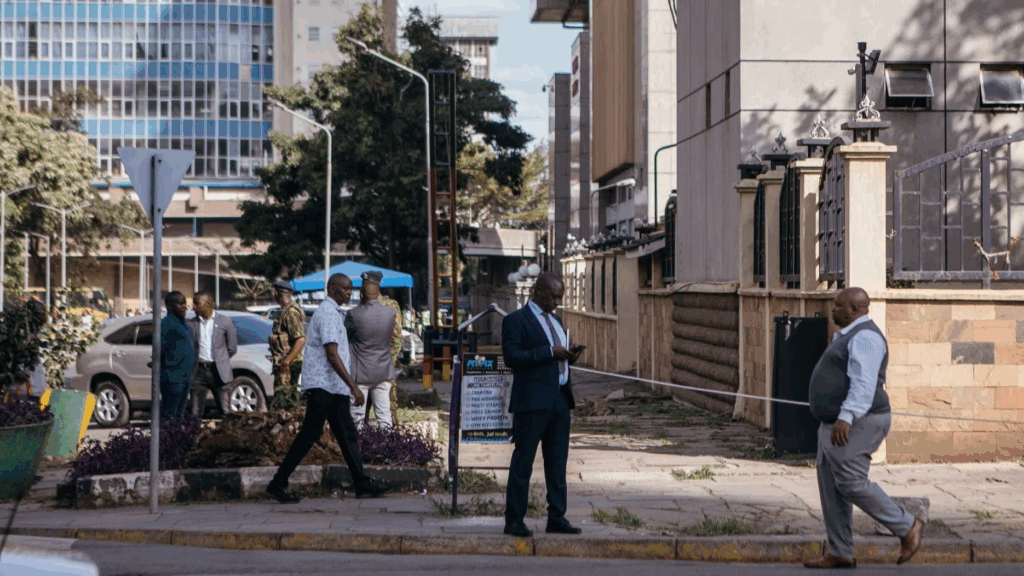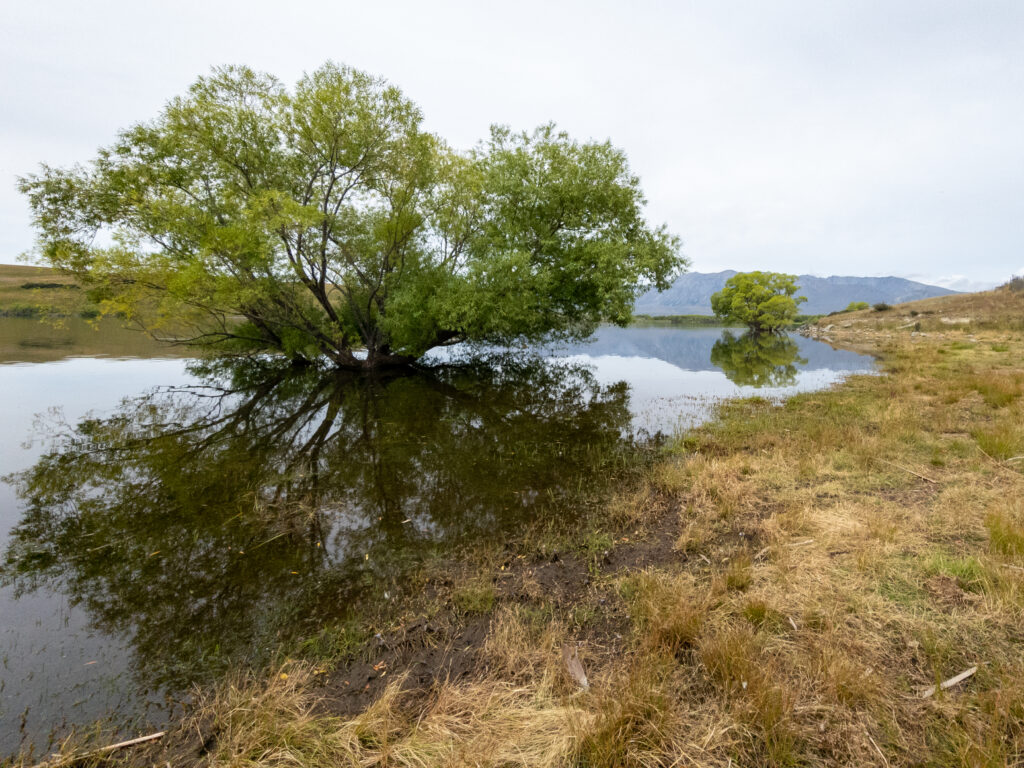The UK-SA Tech Hub, an initiative of the British High Commission (Embassy) in South Africa, has announced that it will provide a second round of funding for South Africa’s Startup Act Movement (SUA). “Our role is to support South Africa’s high-growth startups – whether in the tech industry or by enabling SMEs [small and medium-sized enterprises] in rural and township communities to become tech-enabled businesses – to maximise the value and impact they have on the South African economy and job creation,” explains UK-SA Tech Hub director Milisa Mabinza.
The SUA is a grouping of South African startup incubators, accelerators, founders and investors, founded in 2020. Led by a steering committee composed of leading members of the South African entrepreneurship development sector, its objective is the relaxation of governmental red tape and other policies that hinder the growth of emerging businesses. It has succeeded in winning the support of the World Bank and Financial Sector Deepening Africa (better known simply as FSD Africa), as well as the UK-SA Tech Hub.
“The UK-SA Tech Hub is committed to supporting the development of SA’s tech entrepreneurship ecosystem and actively looks for gaps in the market where support is needed,” affirms SUA chairperson Matsi Modise. “The organisation identified a need in the local tech landscape to help us drive policy reform and enable the growth and expansion of emerging businesses. Taking into consideration the policy framework in the country, the structure of the economy, as well as issues with the energy crisis, the SUA recognises that policy reform is at the core of creating a thriving SME ecosystem – but that this is dependent on a framework being implemented that supports high-growth startups in South Africa.”
South Africa’s policy framework lags behind those of, for example, Kenya, Nigeria and Tunisia. There are four main areas which create challenges for local startups.
One of these is that currently, the country’s intellectual property (IP) legislation places restrictions on the overseas transfer of IP that are both onerous and expensive. Yet being able to transfer IP offshore is a necessity for local startups, if they are to access investment from the global venture capital market.
Another challenge is imposed, when a startup sets up its global head office, by exchange control restrictions which are cumbersome and, again, expensive. Setting up a global head office is another necessity if a South African startup is to attract global venture capital investors.
Further, in South Africa, capital gains tax is triggered well before a startup reaches its potential “future liquidity event”. This makes developing a startup in South Africa yet again more expensive than in other countries.
And there is a need for South Africa to create a Startup and Remote Worker visa, which would allow the country to attract founders of high-growth startups and permit local entrepreneurs to employ very small numbers of highly experienced foreigners, to share their expertise and knowledge and so drive the growth of South African enterprises.
The need for such visa reform has been advocated since 2014, and in April this year President Cyril Ramaphosa stated that new visa categories would be introduced, for startups and remote workers.
“Startup visas are firmly on the President’s radar, the Deputy Finance Minister has adopted some of the business case studies that have been shared, and the SUA has also garnered support from the World Bank,” highlights Mabinza. “We believe the country has the potential to cultivate the emergence of the next unicorn on the continent, and through this second round of funding, look forward to being part of these important efforts.”
Read original article



